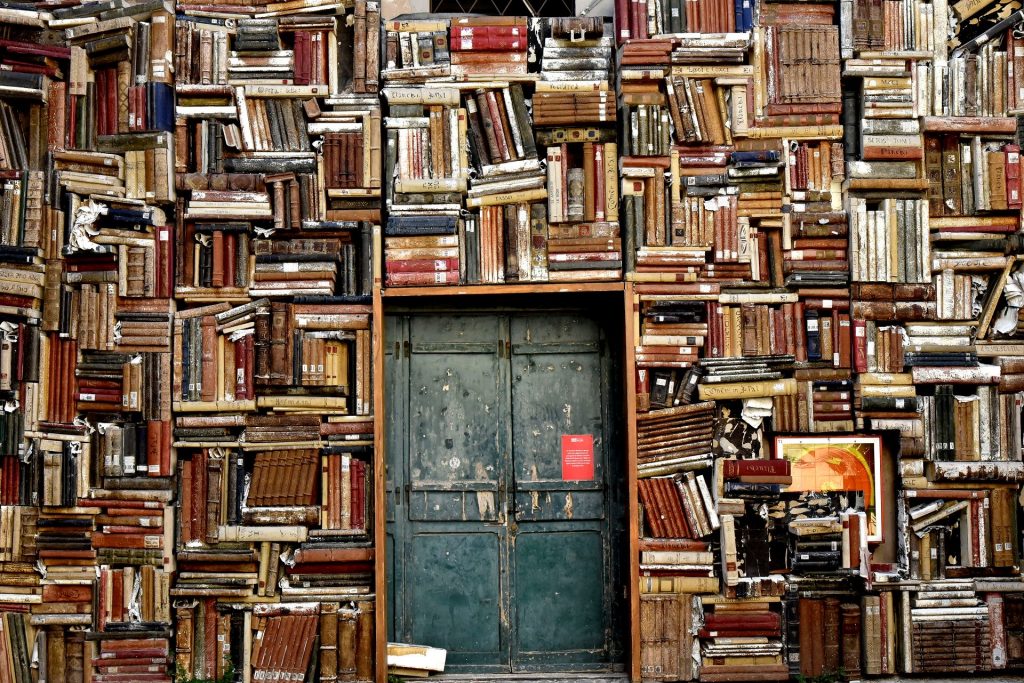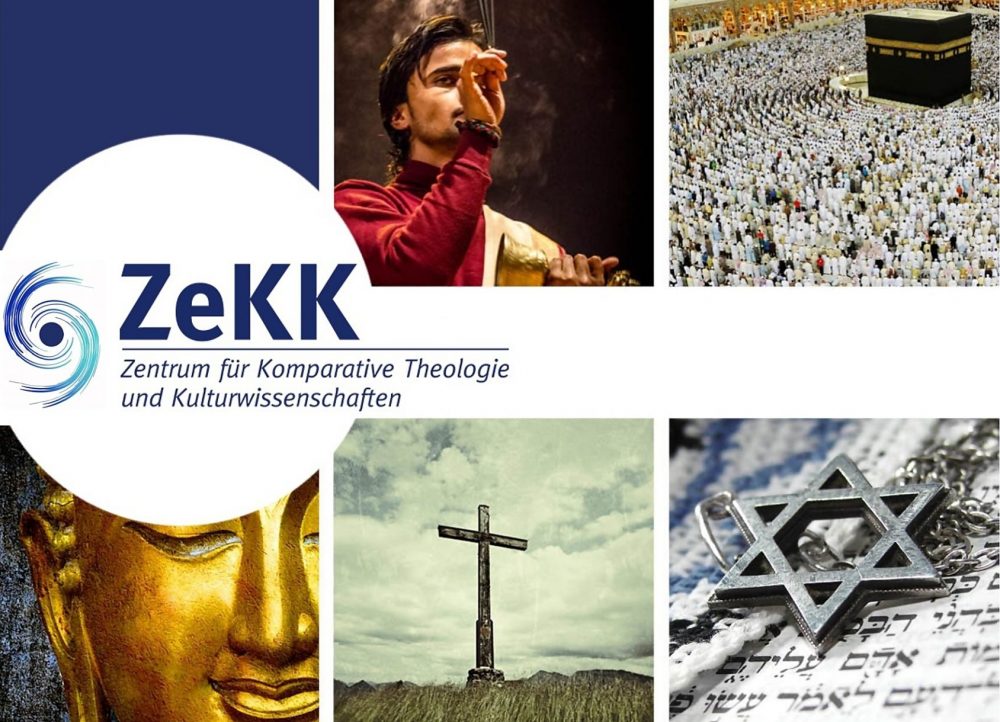A lot of my time these days is spent streaming movies and friends often ask me for movie recommendations while they’re stuck at home like me. For the last few years my first recommendation has always been the same: Arrival. If you haven’t already seen it, stop reading this and watch it. Now.
Of all the movies I have seen (and I have seen a lot) I don’t think there is another that deals so gracefully with the problem of alterity, with otherness. Tolstoy reportedly said that all great literature was one of two stories: a man goes on a journey or a stranger comes to town. On its surface, Arrival tells the story of a set of alien spaceships that land on earth and how a professor of linguistics attempts to communicate with the strange beings on board. In any other movie, we could predict what happens next. The professor tries, fails and tries again until she successfully cracks the code, allowing her to communicate with the alien. The End. In Arrival, the professor doesn’t crack the code. The code cracks her. Like I said, you really need to watch it. Now.
Liberalism promises each of us something like the generic Hollywood ending. With the right, liberal frame of mind, I am told, I can learn to understand, tolerate and accommodate people of different races, religions and ethnicities if I just learn to communicate. But look at the way this sentence is structured. I. Understand. Them. Subject. Verb. Object. I am doing the understanding and they are becoming another object that gets added to the range of objects I have successfully brought within my understanding.
This model of understanding – and its sheer inadequacy – has been exposed during the recent Black Lives Matter protests. Many of us do not understand the discrimination, victimization and suffering of black individuals even where we all speak a shared language that allows us to communicate. And that is the lesson for those of us involved in interfaith theological dialogue. To understand the other one must allow one’s self to be transformed. Understanding is an act of hospitality and vulnerability that goes beyond communication with signs and symbols. If I’m going to attempt to understand you, I have to accept that there is no linguistic code I can crack to do so. I have to allow myself to be fundamentally transformed from the person I was before I knew you to the person I have become after I came to know you. In that act of being transformed by you, of no longer being who I was, I might have come to understand you, and myself.

Dr. Abdul Rahman Mustafa ist Mitarbeiter am Seminar für Islamische Theologie der Universität Paderborn.
